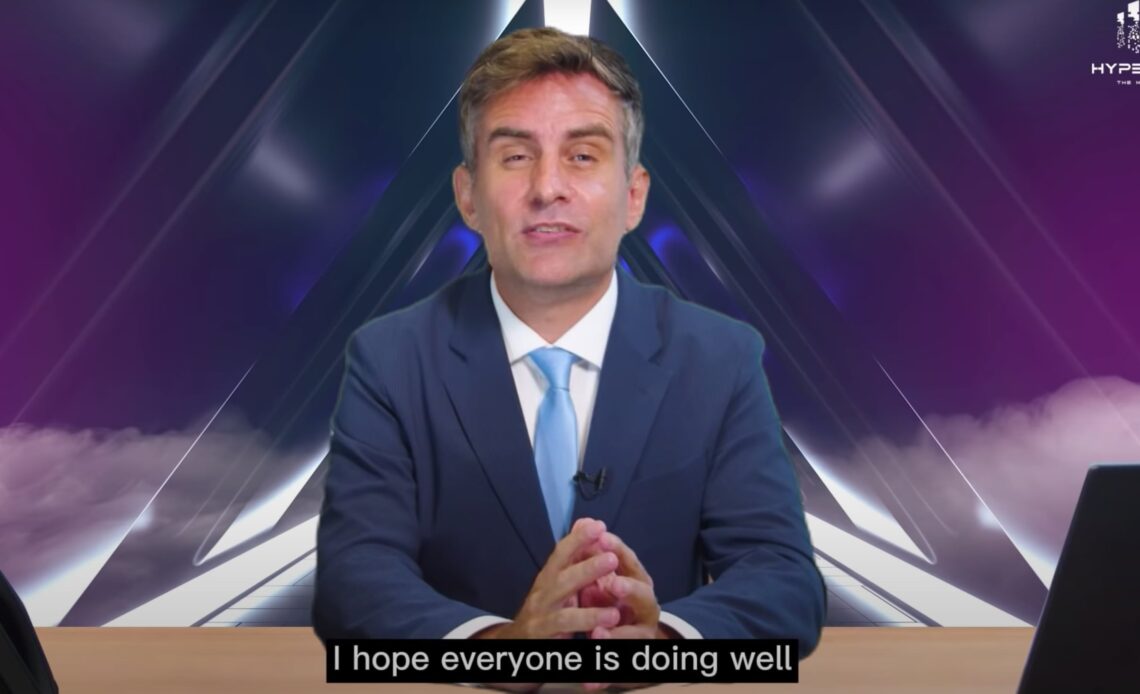During last crypto bull market, I got into an argument with a few people I admire — the co-hosts of the “Crypto Critics Corner” podcast Bennet Thompson and Cas Piancey and pseudonymous crypto trader and renegade meme maker Poordart — about the nature of Ponzi schemes, and how they relate to blockchain protocols. In short, I tried to argue that “ponzinomics” were everywhere in finance, including crypto.
This is an excerpt from The Node newsletter, a daily roundup of the most pivotal crypto news on CoinDesk and beyond. You can subscribe to get the full newsletter here.
The debate started after an ex-CoinDesker compared the then hot-crypto project Ohm to a Ponzi scheme in its novel attempt to bootstrap adoption. It was meant to ironically affirm Ohm’s financial incentives, which, if successful, could serve as a reserve currency across DeFi, in the way the U.S. dollar is for the world. My interlocutors took offense to the idea that the greenback is a Ponzi scheme. But, isn’t it — sorta?
Ponzinomics is not a real word, as far as I know, but it is a recognizable quality. You know it when you see it. A project is “Ponzi-like” when it incentivizes adoption through implicit or explicit promises of wealth, fraudulent or not. It is derived from the formally defined investment fraud named after Charles Ponzi, who lured investors with promises of high returns and “robbed Peter to pay Paul.”
See also: This Is How Scammers Can Drain Your Crypto Wallet
The term ponzinomics was popularized by author Robert FitzPatrick in a book about multi-level marketing schemes, “Ponzinomics: The Untold Story of Multi-Level Marketing,” where he said companies like Nutrilite and Amway operate like financial pyramids because money primarily comes in via deceptive recruiting techniques and mostly flows to the top. MLMs, which are legal in the U.S. due to lobbying efforts, offer the guise of a legitimate business where products or services are sold.
Similar ponzinomic incentives are everywhere, if you keep an eye out. Economist Hyman Minsky uses the term “ponzi finance” to describe zombie corporations that are functionally dead, but continue to function and meet debt commitments by continuously gaining new sources of funding. Several other economists have theorized national debts can become…
Click Here to Read the Full Original Article at Cryptocurrencies Feed…
























